Tribe Adventure Program: Outdoor Adventure in the COVID-19 Era
By Katie Cullen ’22
COVID-19 has inspired a multitude of new hobbies amongst us all. Some of my friends have become semi-professional bakers, perfecting the art of soufflés and bread loaves. Others have picked up cross-stitching or even at-home salon care. One theme that runs true amongst most of my bored and activity-starved peers seems to be a greater interest in the outdoors and outdoor recreation.
From a pragmatic standpoint, spending time outside has allowed people to stay safer navigating the social distancing protocols that have quickly become a ubiquitous part of life. However, the draw to the outdoors runs deeper than the simple desire to maintain a six-foot distance; outdoor activities provide respite from the constant barrage of polarizing news that so quickly takes over our lives. In the words of Ralph Waldo Emerson, “In the presence of nature, a wild delight runs through the man, in spite of real sorrows. Nature says, – he is my creature, and maugre all his impertinent griefs, he shall be glad with me.” Time in nature, whether it be in America’s vast National Parks or simply on a trail behind Lake Matoaka, allows one to escape day-to-day stress and find tranquility.
In the Spring of 2019, I began working for the Tribe Adventure Program (TAP) at William & Mary – our campus’s version of an outdoor recreation program. In a normal season, we run trips through Shenandoah and other parts of Virginia complete with hiking, camping, paddling, and climbing. As the case is with most aspects of campus life this semester in light of the pandemic, things have looked quite different for the program. With restrictions applying to social distancing, we have been limited to staying close to Williamsburg. Luckily for us, we have a number of outdoor spaces on our very own campus. This has allowed us to keep the program running throughout this semi-virtual semester and even serve a new community of people with a budding interest in the magnificent escape the outdoors can provide.
One program we have been able to keep running (with a few modifications) is the Matoaka Boat House. Right behind the Mason School of Business, students can rent out paddleboards, kayaks, and canoes – all for free. These 30-minute sessions out on the lake allow for the perfect opportunity to safely explore the beautiful landscape of our campus.
We have also added some new programs this semester. On the weekends, students can join TAP leaders on either campfire trips or overnight campouts in the Matoaka Woods. The campfires are a great introduction to safe fire building and countless stories of William & Mary lore told by our great leaders. And, of course, everyone is provided with a s’mores kit. The campouts are one night trips where students get to practice and help set up hammocks. Hammock camping allows us to maintain a safe and spaced out campsite for all the participants.
- Prepping a fire in a firepan. Photo by Stephen Salpukas
- Almost lit! Photo by Stephen Salpukas
- Readying camp. Photo by Stephen Salpukas
One of the cornerstones of our program is Leave No Trace (LNT). LNT principles outline recommendations for how outdoor recreation programs can avoid leaving a negative footprint on the outdoors. In practice, all of TAP’s activities are planned with LNT in mind; we always make fires in a firepan, make sure to rotate campsites to avoid eroding the forest floor, and carry out all of our trash. In order to ensure that green spaces on campus are preserved for William & Mary students to come, we make sure that all of our programs help sustain our outdoor spaces. Students who participate in our programs get a chance to learn some of these best practices and take those skills with them on future outdoor endeavors.
It’s been a weird semester for us all, but I feel quite lucky that we are able to keep finding creative ways to feed our community some opportunities to explore the outdoors. We will continue this spirit of innovation and adaptation into this upcoming semester and hope to see an even larger crowd of students and faculty join us!

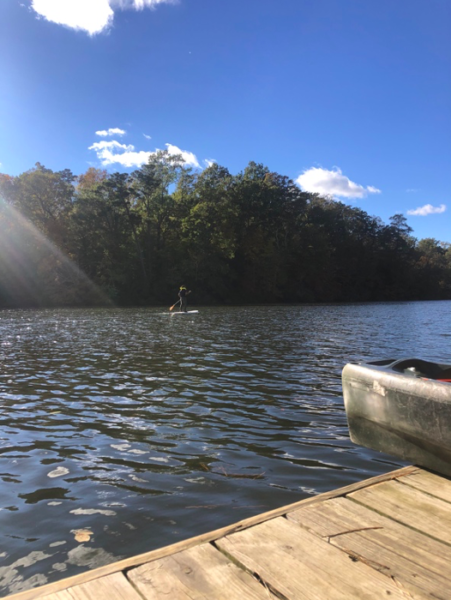
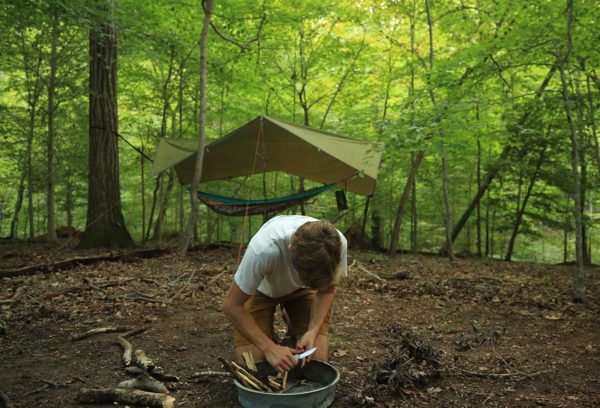
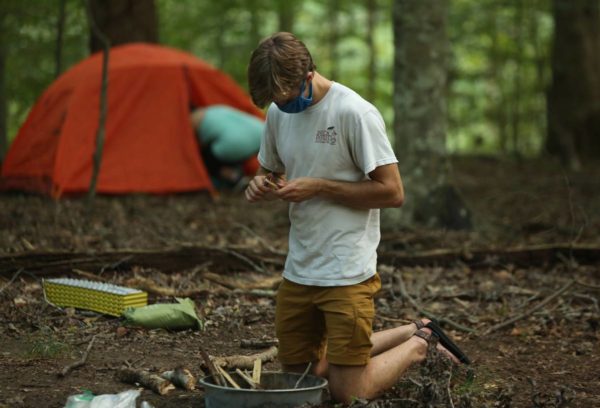
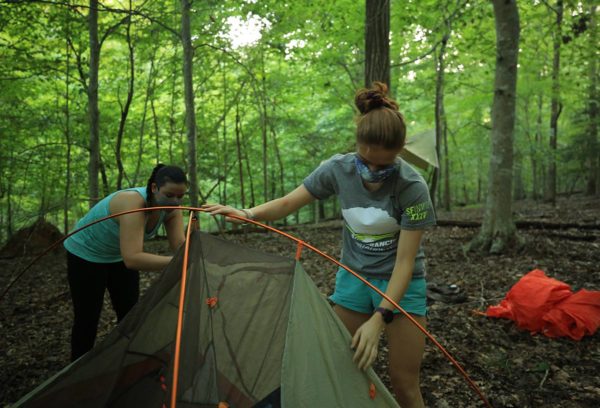

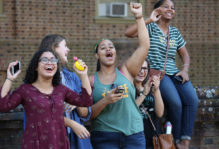
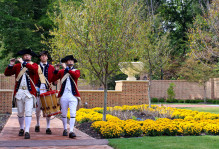
No comments.
Comments are currently closed. Comments are closed on all posts older than one year, and for those in our archive.